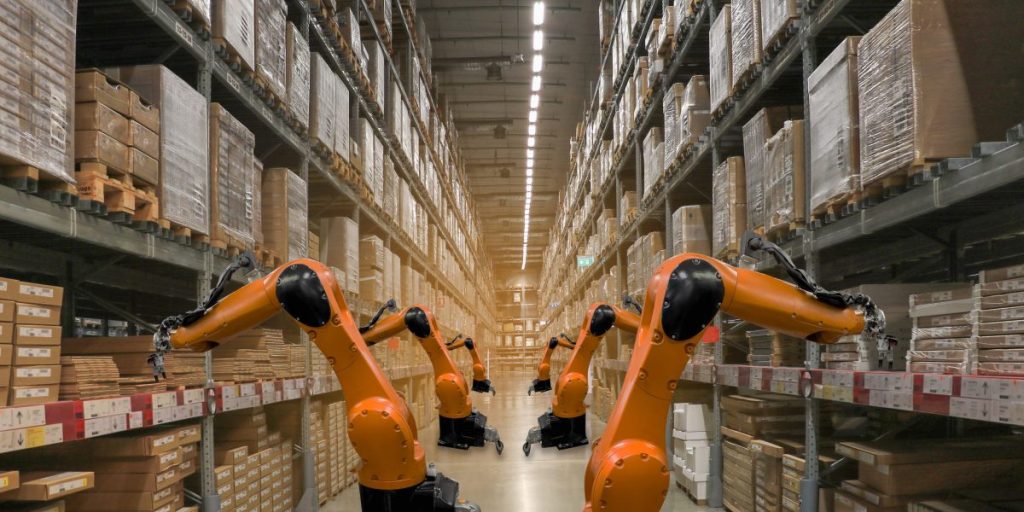
More American companies are about to get involved when it comes to automating tasks with artificial intelligence.
According to CFO survey At Duke University’s Fuqua School of Business and the Federal Reserve Banks of Richmond and Atlanta, plans to use AI are growing in the next year.
Of course, companies have been automating work for generations, and the study found that 60% of companies plan to use software, hardware and/or other technology to automate tasks performed by employees in the next 12 months. This was little changed from the 59% who said their companies automated tasks in the previous 12 months.
But when asked specifically about the use of AI, the responses pointed to a key inflection point. Among companies that plan to automate jobs in the next 12 months, about 54% said they would use artificial intelligence tools to automate tasks performed by employees, while 27% said they would not.
This is almost a complete reversal from the 37% who used AI for automation in the previous 12 months and the 60% who did not.
“CFOs say their companies are using AI to automate a variety of tasks, from vendor payments, invoicing, purchasing, financial reporting and optimizing capacity utilization,” Duke finance professor John Graham, the study’s academic director, said in a statement. “This is in addition to companies using ChatGPT to generate creative ideas and write job descriptions, contracts, marketing plans and press releases.”
Large companies are leading the way in artificial intelligence, with 76% saying they will use it for automation in the next year. This is up from the 55% who used AI in the previous year.
However, smaller companies are getting on board too: 44% said they would use AI to automate tasks in the next 12 months, while 32% would not do so, and compared with 29% who did so in the previous 12 months.
The survey does not necessarily suggest that companies will completely replace humans with artificial intelligence, given that employees perform multiple tasks in their jobs.
But it does suggest that AI skills will become increasingly important in the workplace, perhaps sooner than people realise.
co-founder of LinkedIn Reed Hoffman told CNN that in three to five years people will likely have a “co-pilot agent” to help them with tasks.
“This is a transformation of jobs. Human jobs will be replaced, but they will be replaced by other people using AI,” he added. “The whole idea is to be the person who uses the AI, to study it, to do it, to make it happen.”
But in the long term, the impact of AI on the labor market could be more significant.
Earlier this year, venture capitalist Kai-Fu Lee reiterated his 2017 prediction when he said AI would replace 50% of human jobs in the next decade.
At the Fortune Innovation Forum in Hong Kong in March Luck Editor-in-Chief Alison Shontell asked him if the schedule was still in place.
He replied: “It’s actually incredibly accurate. People criticized me for being too aggressive in 2017, 2018, 2019 and I was a little nervous then. But when the AI generation came along, I think everyone embraced the idea and believed it was the right pace.”


